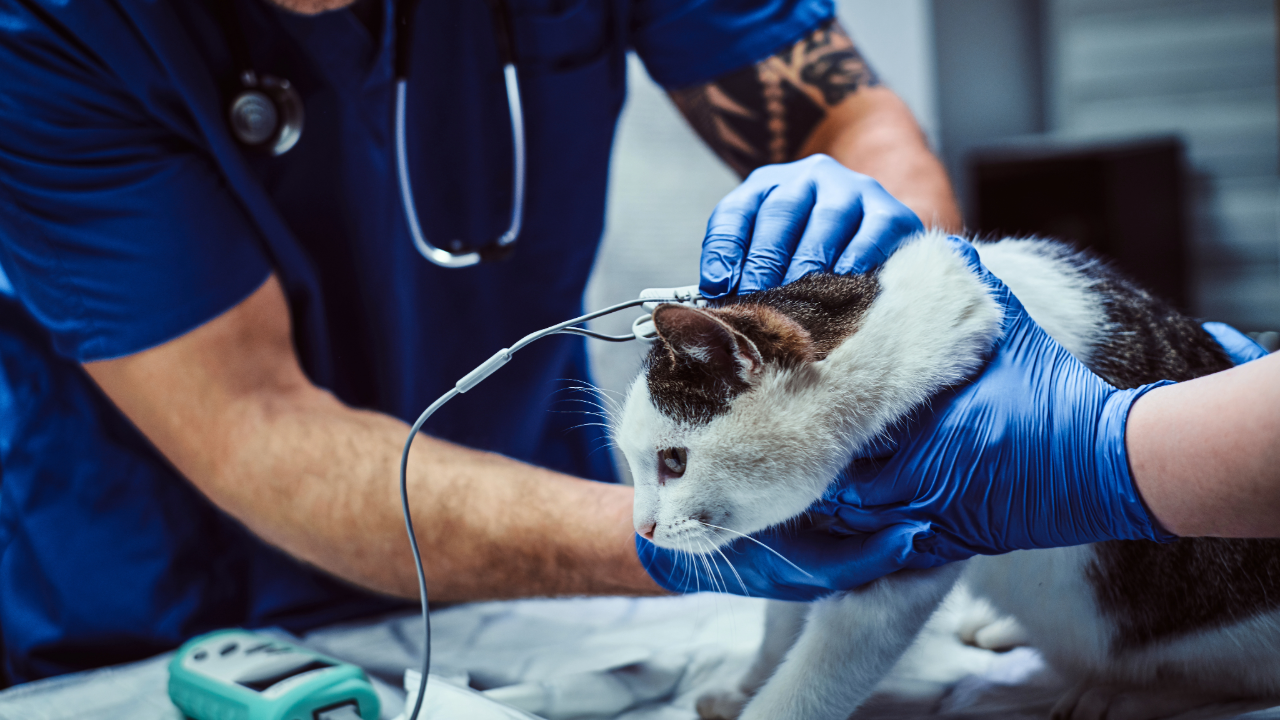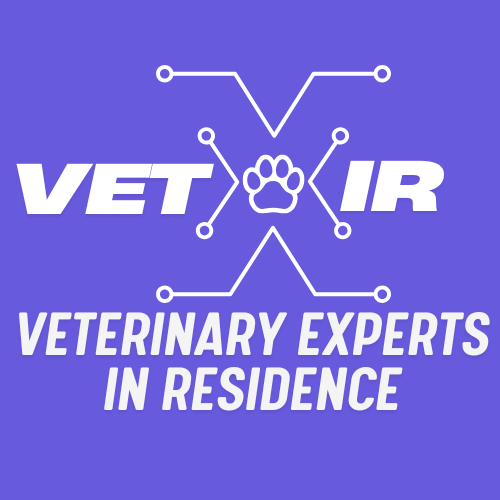
Top 10 Practical Skills Vet Nurses Need in 2025
May 22, 2025Top 10 Practical Skills Vet Nurses Need in 2025
by VetXIR | In-Clinic Veterinary Nurse Training
The vet world is evolving fast—and your skill set needs to keep pace. In 2025, success in practice isn’t just about checking off textbook procedures. It’s about showing up with confidence, clarity, and practical know-how that turns chaos into calm and burnout into balance.
Here are the top 10 (plus one bonus!) hands-on skills every veterinary nurse should master this year—and why they matter more than ever.
🔧 1. Safe and Efficient Patient Handling
Fear Free and feline-friendly handling are non-negotiable in 2025. You’re not just holding a patient—you’re reading their energy, planning three steps ahead, and adjusting your technique mid-movement. That dog isn’t just ‘difficult,’ and that cat isn’t being ‘mean.’ You’re the translator, the advocate, and the calm in the storm. Mastering restraint with empathy and technique makes you an MVP on every shift.
💉 2. IV Catheter Placement & Venepuncture
Whether it’s a wriggly puppy or a crash cart moment, your ability to hit a vein under pressure is gold. This skill goes beyond the poke—knowing vein selection, maintaining aseptic technique, and recognizing early infiltration signs are what set a pro apart.
Pro tip: Train your non-dominant hand. It’s your underutilized superpower.
🦷 3. Dental Radiography & Prophylaxis Support
If you’re not comfy with positioning and taking clear dental X-rays, it’s time to brush up—literally. Dental disease is one of the most under-addressed issues in companion animals, and your ability to assist with scale and polish, charting, and radiographic positioning makes you indispensable. Think of yourself as the oral health detective of the vet world.
🫁 4. Anaesthetic Monitoring
This isn’t just beep-watching—it’s full-body patient surveillance. You’re interpreting vitals, spotting trends, and catching subtle changes before they become emergencies. Knowing how to troubleshoot equipment, support ventilation, and communicate clearly with your vet during induction and recovery? That’s the new standard.
📋 5. Fluid Therapy & CRI Calculations
Fluids are more than drip bags—they’re life support. From shock protocols to maintenance to custom CRIs, understanding how fluids affect perfusion and pressure is essential.
Can you calculate a fentanyl infusion mid-chaos while explaining it to a junior nurse? Welcome to the elite club.
💊 6. Medication Prep & Safe Administration
A shaky syringe can break trust fast. Accuracy, calm hands, and sharp focus matter—especially when drawing controlled substances, handling chemo, or administering life-saving injections. This skill is about safety, speed, and a heavy dose of confidence.
Vet nurses who are medication masters? Chef’s kiss.
👂 7. Client Communication & Consent Conversations
You are the voice that makes owners feel seen. Whether you’re breaking down post-op instructions or helping someone navigate end-of-life options, your ability to stay clear, kind, and emotionally steady is everything.
Build your scripts, hold space with compassion, and know when to step back and call for support. Your words matter just as much as your clinical work.
🧪 8. In-House Diagnostics & Sample Handling
Every smear, tube, and strip tells a story—if you know how to read it. Proper sample collection, handling, and analysis are the unsung heroes of timely diagnosis.
Cytology skills, urinalysis, faecal floats, and understanding machine quirks? They keep cases moving and patients alive.
Nerd out—it’s cool now.
🌡️ 9. Triage & Emergency Support
From walk-in collapses to phone triage panic calls, your calm could save a life. Recognizing red flags, prioritizing cases, and jumping into CPR or stabilizing a bleeder without skipping a beat is the difference between chaos and coordinated care.
Being ‘on’ in emergencies isn’t about adrenaline—it’s about readiness and practice.
🧠 10. Emotional Intelligence & Self-Awareness
Burnout-proofing starts here. Knowing your limits, reading the room, and practicing healthy emotional boundaries is what keeps this job sustainable.
Journaling, therapy, breathwork—whatever works.
Soft skills are survival skills, and every emotionally intelligent vet nurse is a gift to the whole team.
🥕 BONUS: Pet Nutrition Knowledge & Counselling
Nutrition isn’t fluff—it’s medicine in a bowl. Understanding therapeutic diets, how to talk to clients without shaming or overwhelming them, and advocating for nutrition as part of a treatment plan can change patient outcomes dramatically.
If you can confidently guide a diabetic cat owner through a feeding transition or explain why protein restriction matters in renal disease—you’re not just helping pets live longer, you’re changing how people care for them.
🎯 Ready to Skill Up IRL?
At VetXIR, we specialize in in-clinic, hands-on training that meets you where you are. Whether you’re a new grad trying to get your footing, or a seasoned nurse craving a confidence reset, we’ve got your back—with practical education that actually sticks.
Paws what you're doing!
Subscribe for bite-sized inspo, skills, and support straight to your inbox!
We hate SPAM. We will never sell your information, for any reason.



